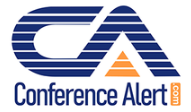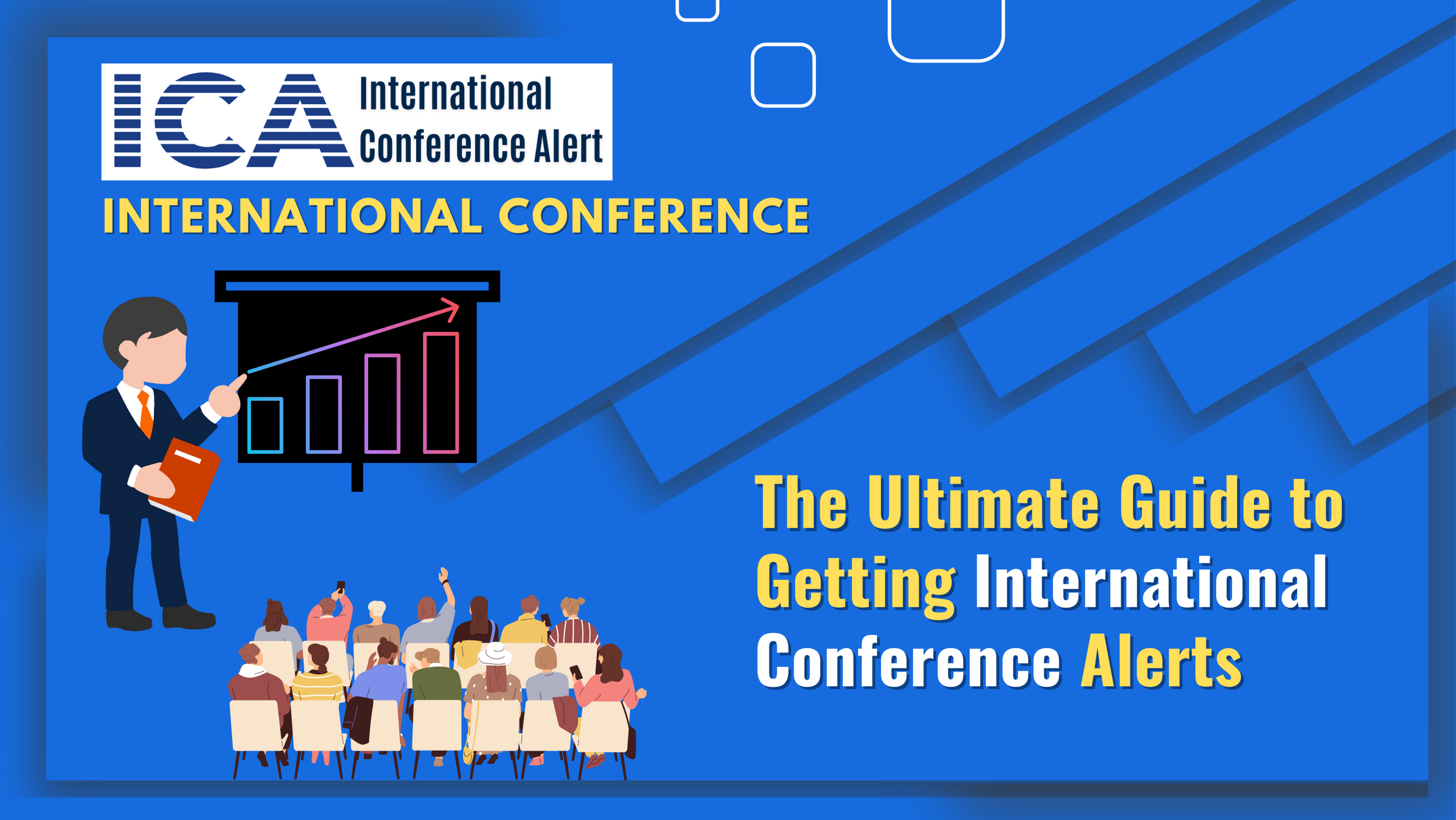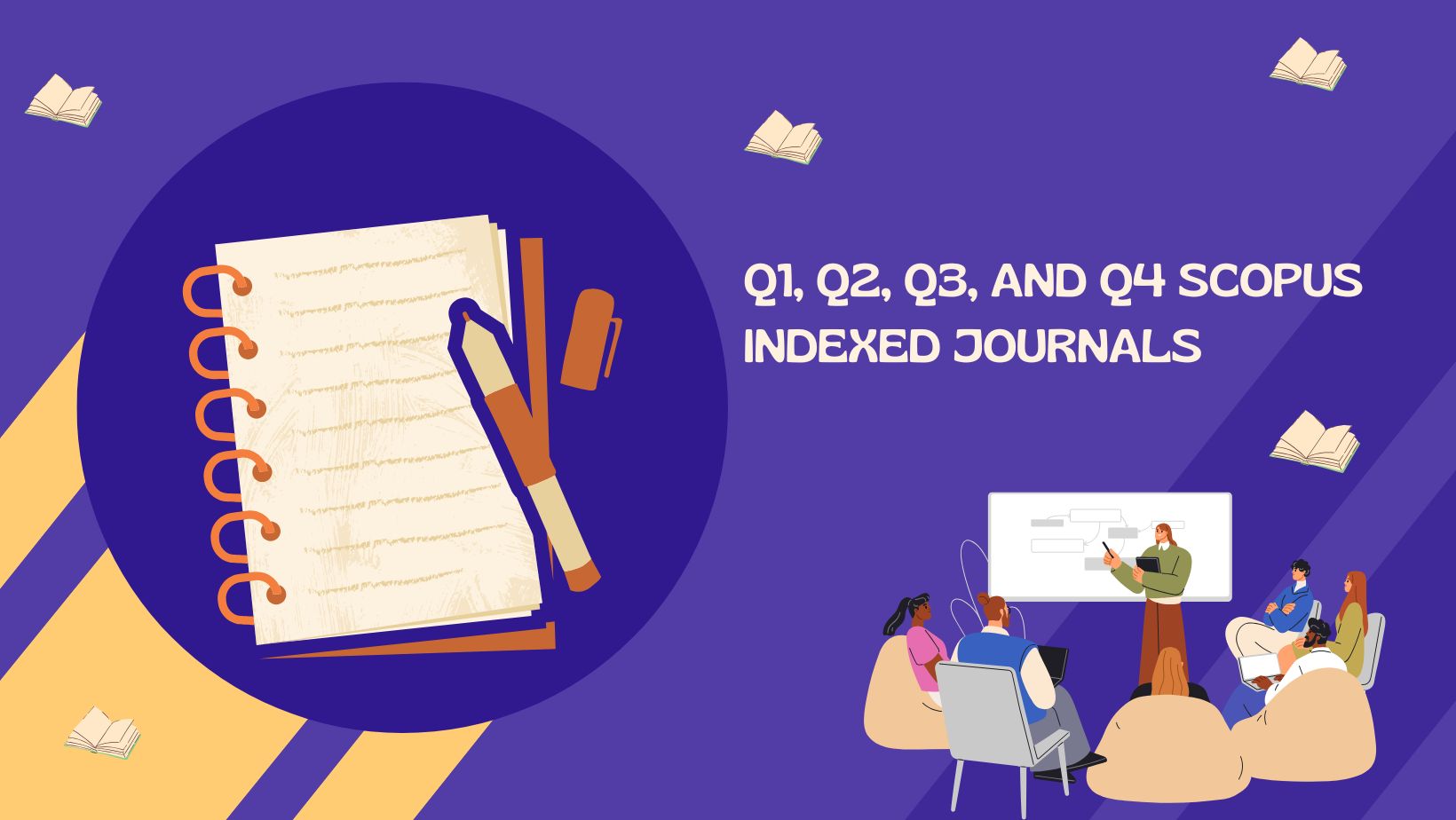Attending international conferences is a great way to stay informed about the latest developments in your field, network with industry peers, and gain new insights and perspectives. However, with so many conferences taking place all over the world, it can be difficult to keep track of them all. This guide will provide you with the ultimate tools and tips to help you get international conference alerts and make the most of your conference-going experience.
Sign up for conference alert websites:
There are several websites that aggregate conference information and send out notifications about upcoming events. By signing up for these websites, you can receive alerts about conferences in your field and in locations that interest you.
Follow relevant organizations and associations on social media:
Many organizations and associations in your field will post updates about upcoming conferences on their social media accounts. Follow them to stay informed about events they are hosting or participating in.
Check out conference directories:
Conference directories such as Conference Monkey, Conferize, and Eventbrite are great resources for finding conferences in your field. They allow you to search for events by location, date, and topic.
Use Google Alerts:
Google Alerts is a free tool that allows you to set up alerts for specific keywords. You can set up alerts for the name of your field, conferences, and specific locations to receive notifications about relevant events.
Ask your peers:
Reach out to your professional network and ask them if they know of any upcoming conferences that would be relevant to your field. They may have information about events that haven’t been widely advertised yet.
Use your calendar:
Once you have identified conferences you are interested in attending, use your calendar to plan ahead and ensure that you don’t miss any important deadlines, such as early bird registration or abstract submission.
Research the conference:
Before registering or attending a conference, do your research. Make sure that the conference is a good fit for your interests and goals, and that the conference has a good reputation in your field.
Prepare for the conference:
Once you have registered for a conference, prepare for it by reading through the conference program, researching the speakers and sessions, and creating a schedule of the events you want to attend.
In summary, getting international conference alerts is essential for staying informed about the latest developments in your field and taking advantage of networking and learning opportunities. By signing up for conference alert websites, following relevant organizations and associations on social media, checking out conference directories, using Google Alerts, asking your peers, using your calendar, researching the conference, and preparing for it, you can make the most of your conference-going experience.
It’s important to note that, It’s not always possible to attend all the conferences you want or even all the conferences you are notified about, so be selective about which conferences you attend and make sure that they align with your interests and goals.
Here are the best methods for choosing the appropriate conference for you:
Finding good international conferences can be a challenge, but there are several strategies you can use to ensure that you find events that align with your interests and goals. Here are some tips to help you find good international conferences:
Research the conference organizer: Look for conferences that are organized by reputable organizations or associations in your field. These organizations are more likely to host high-quality events that attract reputable speakers and attendees.
Check the conference program: Before registering for a conference, review the conference program to ensure that the sessions and speakers align with your interests and goals. A conference with a diverse and well-rounded program is likely to provide more value.
Look for conferences with a good reputation: Look for conferences that have a good reputation in your field. Ask your colleagues or professional network if they have attended the conference in the past and if they would recommend it.
Use conference directories: Conference directories such as Conference Monkey, Conferize, and Eventbrite are great resources for finding conferences in your field. They allow you to search for events by location, date, and topic.
Check for sponsorship and partner organizations: Conferences that are sponsored or partnered with reputable organizations or companies are more likely to be of high quality and attract reputable speakers and attendees.
Look for conferences with a focused theme: Conferences with a focused theme are more likely to provide deep insights and valuable information in a specific area of interest.
Look for conferences with a good balance of attendees: Conferences with a good balance of attendees from academia, industry, and government sectors are more likely to provide well-rounded and diverse perspectives.
Look for conferences that provide opportunities for networking: Conferences that provide opportunities for networking, such as receptions, poster sessions, and roundtable discussions, can be a great way to meet other professionals in your field and make valuable connections.
Finding good international conferences requires research and planning. By researching the conference organizer, checking the conference program, looking for conferences with a good reputation, using conference directories, checking for sponsorship and partner organizations, and looking for conferences with a focused theme, a good balance of attendees, and opportunities for networking, you can ensure that you find conferences that align with your interests and goals and provide valuable opportunities for learning and networking.




